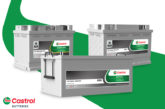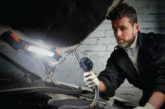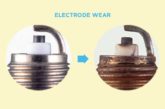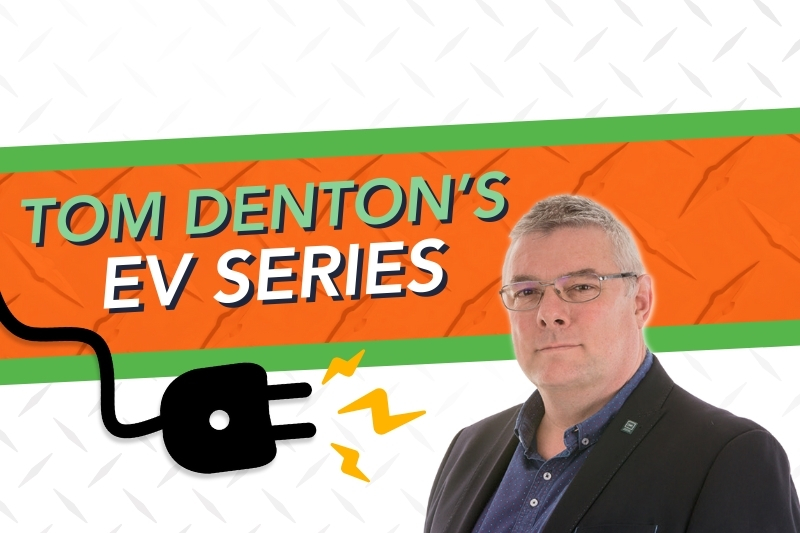
Hydrogen is, indeed, the fuel of the future, according to Tom Denton, just not for cars…
Whenever I get involved in a discussion about the future of transport there is often somebody who will categorically state that hydrogen cars are the only way forward. This usually arises from the idea that using a hydrogen-powered vehicle will be much the same as using a petrol- or diesel-powered one, so we don’t need to change our habits. We would be able to fill it up almost anywhere, giving a range of several hundred miles, so when the need arises, we can drive the entire length of the country. After all, you can’t do that in an EV – they often add.
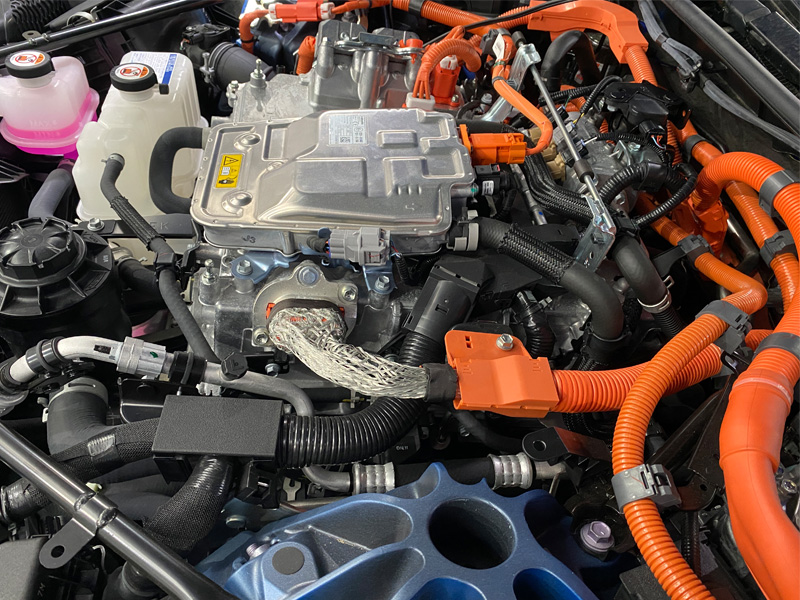
I agree, you can’t do that journey non-stop in an EV (yet) but how many times do you need to do it anyway?
Their next argument is usually something about how the national grid will not be able to charge all the EVs.
In response I add that a hydrogen car uses at least three times (some say more) as much electricity as a pure EV (or uses dirty hydrogen from a gas refinery).
Their last resort is usually something related to all the rare earth metals used in an EV and its battery.
At this point I remind them that a fuel cell electric vehicle (FCEV) has all the same technology as an EV (including a battery) but it also has a complex fuel cell with associated high-pressure tanks and pipes. The Toyota Mirai, for example, even has a massive supercharger.
Even at this stage of the discussion the desire not to have to change what they do (in my opinion) means that they are still not convinced that hydrogen is not the fuel of the future for cars. I need to try harder, so here we go!
Hydrogen
Clean (green or yellow) hydrogen is created by electrolysing water using electricity from renewable resources. Electrolysis is the decomposition of a chemical by passing an electric current through a liquid.
Currently, most hydrogen is currently obtained by steam reformation from natural gas, meaning the CO2 produced is roughly equivalent to that produced by petrol or diesel engines.
Hydrogen can be used in fuel cells to power electric motors or can be burned directly in internal combustion engines. Fuel cells are the most efficient. Hydrogen is an environmentally friendly fuel at the point of use as it only produces water as a by-product. It also has a very high energy density. However, it has to be compressed to between 350 and 700 bar to achieve a suitable tank volume for a normal vehicle.
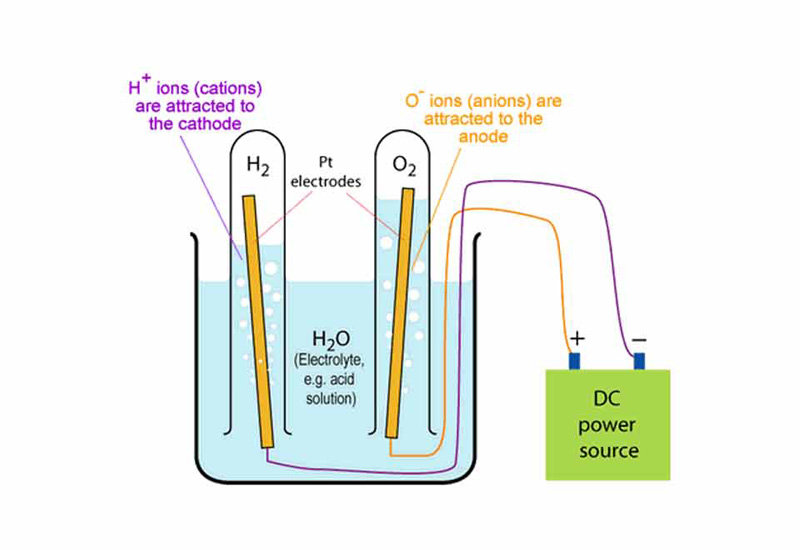
Advantages
No air pollutants or greenhouse gases at the point of use in a fuel cell
It produces only NOx when burned in internal combustion engines.
Disadvantages
Expensive to produce and is only available at a few locations
Fuel cells are an expensive addition to an EV.
Summary
In this article I have shared my opinion on hydrogen as a fuel for cars and looked at how clean hydrogen is created. Next time, we will examine how a fuel cell converts this clean hydrogen back into electricity and how the efficiency of an EV and an FCEV compare.





